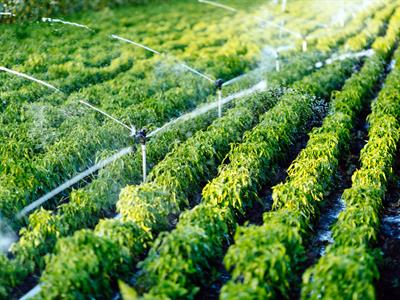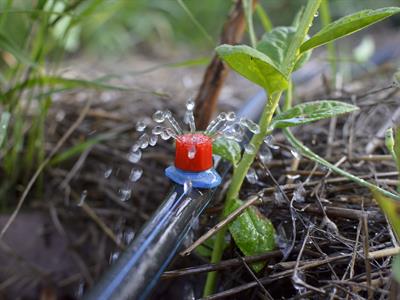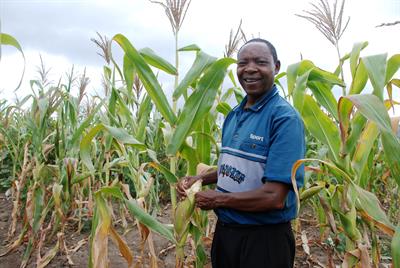PDF chapter test TRY NOW
Using water daily is something that all of us do. Water is used for many essential things like drinking, cleaning, and watering plants. Some of us use water in excess for many reasons that affect freshwater availability.
Water conservation is the preservation, control and management of water resources.
Water conservation is the option that involves activities to manage water as a sustainable resource. It also includes activities that protect the hydrosphere and meet the current and future human demands of water.
Importance of water conservation:
- Creates more efficient use of the water resources.
- Ensures that we have enough usable water.
- Helps in decreasing water pollution.
- Helps in increasing energy saving.
Measures of Water Conservation:
Industrial conservation:Reducing industrial water consumption is one of the ways to address the global water crisis. The majority of all industrial water use is for power plants' cooling purposes. Water conservation measures that industries can follow are:
1. Using dry cooling systems.
2. If water is used as a cooling agent, the cooling water can be reused for irrigation or other purposes.
Agricultural conservation:
Agriculture is the largest water-consuming industry, and the industry is where efforts are required for promoting water conservation. Water conservation programs in agricultural areas have been developing to combat the problem.
Agricultural water is mostly lost due to leaks in canals, runoff and evaporation. Some of the water conservation methods in the agricultural industry are:
1. Using lined or covered canals that reduce water loss and evaporation.
2. Using techniques like sprinklers and drip irrigation.

Sprinkler system
Drip irrigation is a technique of watering the plants using narrow tubings that deliver the water directly to the base of the plant without any wastage. This technique minimizes evaporation and saves water. To know more about sprinkler and drip irrigation, click here.

Drip irrigation
3. Using improved crops which require less water and usage of crops that are drought resistant.

Usage of drought-resistant crops
4. Mulching of soil in fields of vegetable cultivation and in horticulture.
5. Use of improved cropping systems and agronomics like conservation tillage.
6. Evaluating the rainfall patterns that determine the quantity and quality available for agriculture use.
Domestic conservation:
It is necessary that each of us gets access to an adequate amount of water. Wastage of water can occur at the individual level as well as knowingly or unknowingly. Wastage can occur while brushing teeth, shaving, bathing, washing etc. The leakage of taps is also another source where significant water wastage occurs.
All of us have the responsibility to conserve water. Following are the methods through which water can be conserved:
- Usage of a bucket of water to take a bath than using a shower.
- Usage of low flow taps.
- Usage of recycled water for lawns.
- Repairing the leaks that are present in the taps.
- Recycling of water wherever possible.
Reference:
https://www.yaclass.in/editorial/preview?id=199d988f-1fc2-4fb6-b591-1a52aba7e606&test=False&userid=4601×tamp=1616493913&sig=aMtOLQTeL91oth1r3Isvl2Cju881#desktop
https://www.flickr.com/photos/cimmyt/6215766568
